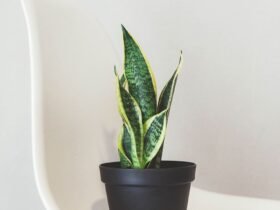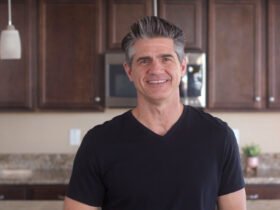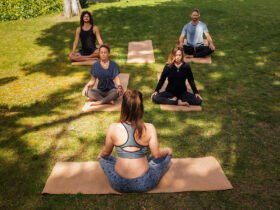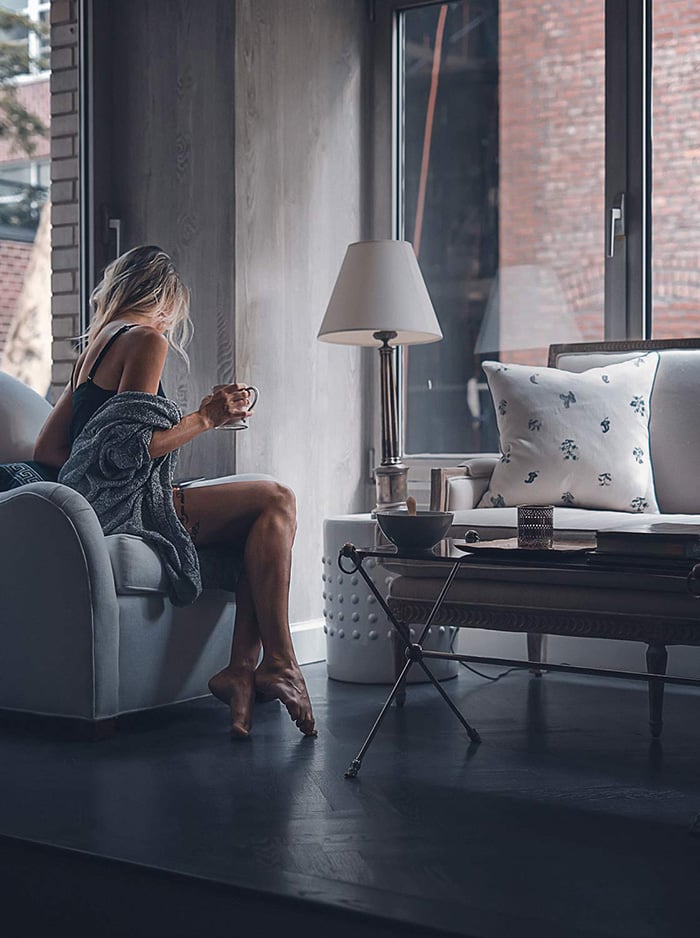“Beware the barrenness of a busy life.” —Socrates
A few years ago, the New York Times labeled the modern family the most stressed, tired, and rushed generation of all time. Few of us would disagree with that description.
Of course, one of the reasons this description is true is because our modern generation owns more stuff than at any other time in human history. As material goods have become more accessible and more affordable, we have accumulated more and more. And the more stuff we own, the more stuff we need to manage.
Additionally, as the pace of the world has increased, so has the expectation that being busy is something to be proud of. We even have a word for it now: busy bragging. We complain about how busy life has become… but we are always sure to complain loud enough that everyone can hear us. As if, being busy has become a badge of honor we love to wear.
But does this endless chase ever bring true fulfillment? Doubtful.
As Socrates said, beware the barrenness of a busy life. A focused and intentional life is a wonderful thing to be proud of. But being busy about all the wrong things? That can only lead to regret.
Minimalism offers a different perspective and approach. It offers an opportunity to escape busyness. And it does this in super practical ways.
Here are 10 ways adopting a minimalist lifestyle can help you be less busy:
1. Less Shopping
When we break free from the consumer culture that urges us to buy, buy, buy, we inevitably spend less time in stores and online marketplaces.
Minimalism teaches us to prioritize needs over wants, which results in fewer shopping trips (and less time researching and returning products).
2. Fewer Distractions
By minimizing physical clutter, we remove distractions from our work and living spaces.
This increased opportunity for focus can lead to greater productivity, allowing us to accomplish tasks more efficiently and freeing up time.
3. More Efficient Wardrobe
Having a minimalist wardrobe means less time spent deciding what to wear every day.
It also means less time doing laundry, shopping for clothes, and organizing your closet.
There’s a reason many successful people are adopting the idea.
4. Less Cleaning and Organizing
A minimalist home requires less upkeep. And with fewer items to clean, maintain, and organize, we are rewarded with more time in our day to spend on anything we want.
Want a cleaner home? Own less stuff. It works every time.
5. The Ripple Effect of Intentionality
Embracing minimalism in one aspect of our lives tends to have a ripple effect that spills over into other areas like our calendar, our habits, and even the work that we do.
Intentionality sparks intentionality.
6. Clearer Values
Minimalism forces us to articulate and prioritize our greatest values.
When we understand what truly matters to us, we make better decisions about how we spend our time. We can say no to activities that don’t align with these values and free up hours for the ones that do.
7. A New Appreciation for Quiet Moments
As we become more comfortable with the idea of ‘less,’ we start cherishing quiet moments.
Instead of feeling the need to fill every minute with activity, we learn to appreciate the peace found in simple, quiet moments. And these quiet moments of solitude both feed our soul and direct our path.
8. Less Financial Stress
With fewer possessions and fewer purchases, minimalism offers opportunity to experience less financial stress. And fewer financial worries mean less time consumed by anxiety, budgeting, bill paying, and sometimes arguing.
9. Less Decision Fatigue
Each day, we make numerous decisions—what to wear, what to eat, how we entertain ourselves, what chores or errands to complete.
Owning less and simplifying our routines can reduce the number of these daily decisions, saving us mental energy and time—and in the long run, leading to better decisions.
10. Life Lived in Alignment
With less clutter, we are free to focus on what matters most to us. Our most finite resources (money, time, energy, focus) can be spent on our greatest values.
And when they are, life gets less “busy.” There are still wonderfully important things for us to accomplish—but alignment doesn’t feel like busyness; it feels like purpose.
As always, minimalism is a personal journey and will look different from person to person.
But in a world of increased stress, rush, and hurry… a little less busyness can be appreciated by everyone. Minimalism makes that possible.
















Leave a Reply